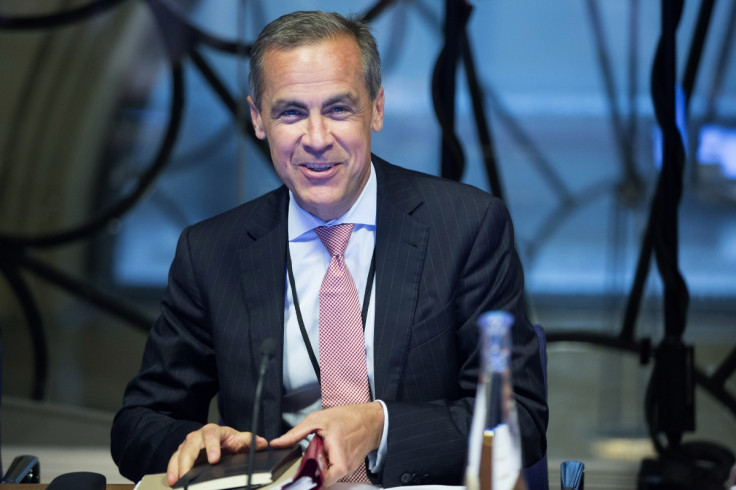Mark Carney warns central banks against adopting negative interest rates to address slowdown

The Bank of England (BoE) governor Mark Carney has warned central banks that adopting negative interest rates would be the wrong response to the current global slowdown, indicating currency depreciation was "no free lunch".
Amid the recent economic turmoil which has seen economic growth come to a standstill in a number of regions, the Bank of Japan and the European Central Bank (ECB) have implemented negative interest rates in a bid to revive stuttering economies.
"For monetary easing to work at a global level it cannot rely on simply moving scarce demand from one country to another," Carney said at the G20 meeting in Shanghai.
The BoE governor added cutting interest rates below zero could create a very dangerous environment capable of leaving global economic growth in the doldrums for years to come, as structural measures have failed to keep up pace with the ambition of monetary policy.
However, Wolfgang Schaeuble, Germany's finance minister, said the Eurozone's largest economy would oppose any measure aimed at boosting the global economy through government spending.
"The debt-financed growth model has reached its limits. It is even causing new problems, raising debt, causing bubbles and excessive risk taking, zombifying the economy," he said in Shanghai.
"Talking about further stimulus just distracts from the real tasks at hand. Fiscal as well as monetary policies have reached their limits. If you want the real economy to grow there are no shortcuts which avoid reforms."
The ECB is expected to extend its stimulus programme to €80bn (£62bn, $88bn) a month and some economists suggested the central bank could agree even lower interest rates. Mario Draghi, the ECB president, has urged governments to invest in economic reforms to go with the central bank's quantitative easing measures.
Draghi's stance is unlikely to please Schaeuble, but economists believe that while there is less scope for policy easing than there was a few years ago, suggesting that central banks are now powerless is exaggerated.
"Policymakers still have room to cut deposit rates further and expand their quantitative easing programmes, which should help to support activity and lift inflation," said Capital Economics' analyst Nikita Shah."And if growth and inflation fall further, we suspect that governments and central banks would, eventually, adopt more radical policies to revive their economies."
© Copyright IBTimes 2025. All rights reserved.






















